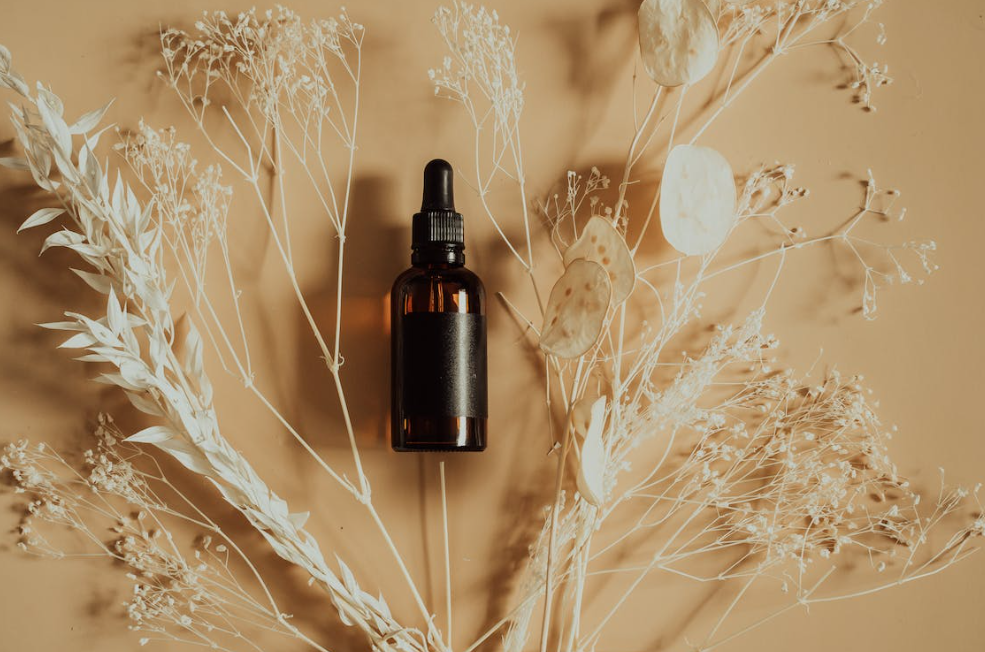Retinol 101: What You Need to Know About It

©️ Alesia Kozik / Pexels
Ever wondered how people who are older than you seem to have amazing and dewy skin? What is their secret and what do these people use to get that result? Well, the answer is simpler than you might think.
You, your skin, and a tiny superhero named Retinol – the only trio you will need to get that glossy and glassy skin. Once you get started, you will finally say goodbye to dullness, and your skin will definitely thank you when you are older.
What Is Retinol?
Retinol, a vitamin A derivative, is universally recognized as the ultimate powerhouse in effective and active skincare. Extensive research has established its remarkable capacity to address a broad range of skin issues, including fine lines, pigmentation problems, and even acne.
Retinol’s reputation in the world of skincare is well-deserved. This potent vitamin A derivative has been endorsed by a multitude of experts and dermatologists as the go-to ingredient for achieving remarkable skin transformations. It boasts an impressive track record for tackling various common skin concerns.
How Does Retinol Work?
The vitamin is different from many other mature skin products by not focusing on the removal of dead skin cells. Instead, its small molecules penetrate deep into the dermis, the middle layer of the skin. Here, retinol combats free radicals, stimulating the production of elastin and collagen, which can reduce the appearance of fine lines, wrinkles, and enlarged pores. While retinoids can help with acne and scarring, severe acne typically requires prescription retinoids and other medications targeting inflammation and bacteria.

Moreover, it has an exfoliating effect on the skin’s surface, enhancing texture and tone by accelerating the turnover of skin cells. In essence, retinoids, work at a profound cellular level, promoting collagen and elastin production, combating aging and pore congestion, and regulating sebum production. As Dr. Anita Sturnham, a GP and skin health specialist, notes, vitamin A, which the body cannot produce on its own, must be supplied through our diet and topically through skincare to reap these benefits.
How to Use Retinol?
To maximize the benefits of retinol in your skincare routine, follow these key guidelines:
- Apply retinol at night, after cleansing, and before your gentle night cream, for optimal absorption.
- Begin with a gradual approach, especially if you are new to retinol. Start by using it once a week and gradually increase it to every other night to avoid irritation and flaking.
- Be patient with results; noticeable improvements in your skin may take around three to six months, depending on the specific product.
- Always wear a broad-spectrum SPF of 30 or higher daily when using retinol, as it can increase skin sensitivity to sunlight, regardless of the season.
Precautions for Sensitive Skin
People with sensitive skin swear that they can not use retinoids because of their skin type. However, there is a way around it. If you have sensitive skin, you can still use retinol with a clever technique called the “retinol sandwich.” After cleansing, apply a moisturizer to sensitive areas like the eyes, smile lines, chin, and neck. Follow with your retinol product and leave it on for 15 minutes. Then, top it off with another layer of moisturizer. As your skin adjusts to the retinoid, you can skip the initial moisturizer layer.
We would love to hear about your experiences with Retinol. Have you tried it before? What skin concerns were you trying to address?


